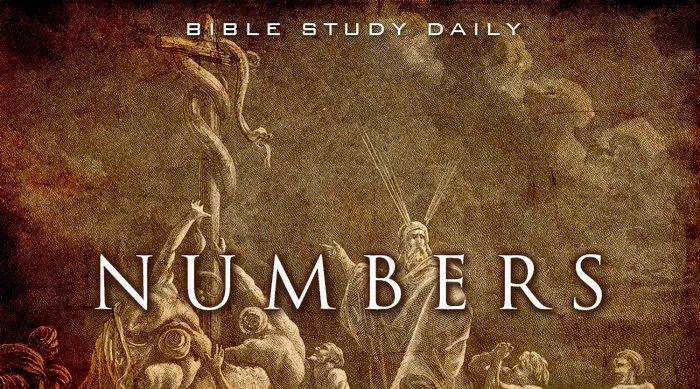Numbers Chapter 23 Summary
In Numbers 23, Balak, king of Moab, hires the prophet Balaam to curse the Israelites, fearing their growing power. Despite Balak’s insistence, Balaam obeys God’s command and blesses Israel instead. Balak takes Balaam to three different locations—first to Bamoth-baal, then to the field of Zophim, and finally to Peor—hoping a change in perspective will lead to a curse. Each time, Balaam consults God and delivers oracles of blessing rather than curses.
Balaam’s first oracle declares Israel’s uniqueness and separation as God’s chosen people. The second affirms God’s faithfulness and Israel’s strength. Frustrated, Balak tries once more, but Balaam’s third oracle prophesies Israel’s future triumph under a coming king. Balak angrily dismisses Balaam, realizing God’s will cannot be overruled. The chapter highlights God’s protection over Israel and His sovereignty over human intentions.
Bible Numbers Chapter 23
Welcome to read Numbers Chapter 23. Here is the list of Numbers Chapter 23:
What Does Numbers Chapter 23 Teach Us?
Numbers 23 reveals profound lessons about God’s sovereignty, His faithfulness to His people, and the futility of opposing His will. Here are the key teachings from this chapter:
1. God’s Sovereignty Over Human Plans
Balak, the king of Moab, feared Israel and sought to weaken them by hiring Balaam to curse them. However, despite Balak’s efforts and Balaam’s initial willingness, God overruled their intentions. This teaches us that no human scheme can thwart God’s purposes (Proverbs 19:21). Even when enemies rise against God’s people, His will prevails.
2. God’s Unchanging Blessings on His People
Three times, Balaam was pressured to curse Israel, but each time, he could only bless them. His oracles declared Israel’s holiness (23:9), God’s faithfulness (23:19), and their future victory (23:24). This shows that when God blesses, no one can reverse it (Numbers 23:20). His promises are irrevocable.
3. The Power of Obedience Over Greed
Balaam was a compromised prophet—tempted by wealth and honor (Numbers 22:17). Yet, in this chapter, he obeyed God despite Balak’s bribes. His story warns us that partial obedience is dangerous (he later causes Israel to sin in Numbers 31:16), but it also shows that God can use even flawed people to fulfill His purposes.
4. The Futility of Superstition and Manipulation
Balak believed that curses had magical power, so he tried different locations and sacrifices to influence God. But true prophecy comes from God’s revelation, not rituals or human manipulation. This reminds us that God cannot be controlled by human efforts—He acts according to His perfect will.
Conclusion
Numbers 23 teaches that God’s plans are unstoppable, His blessings are unchangeable, and human opposition is ultimately futile. It challenges believers to trust in God’s sovereignty rather than fear earthly threats. While enemies may plot against God’s people, His promises stand firm. The chapter also warns against greed and half-hearted obedience, urging us to seek God’s will wholeheartedly. Ultimately, it points to God’s faithfulness—He protects, provides for, and prospers His people according to His perfect purpose.
Related topics:


